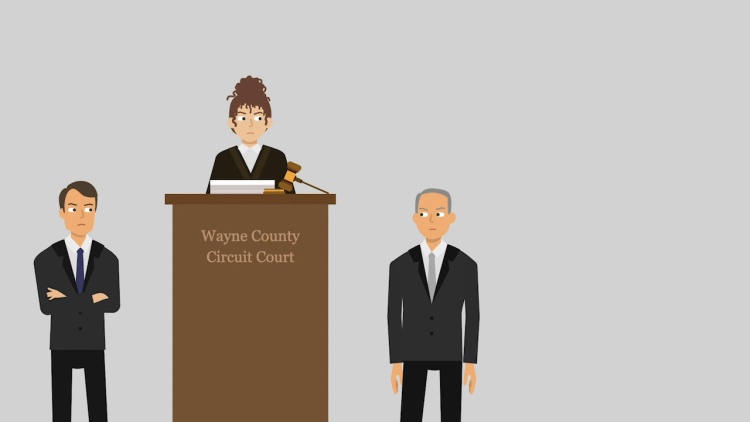Brisboy v. Fibreboard Paper Products Corporation
Michigan Court of Appeals
384 N.W.2d 39 (1986)
- Written by Craig Conway, LLM
Facts
Charles Rand worked for nine companies as an insulator over a 26-year career applying insulation material containing asbestos to various pipes. Rand did not use protective breathing equipment and thus consistently breathed in asbestos fibers during his work. Eventually, Rand developed lung cancer and died. Rand’s wife, Charlotte (plaintiff), filed suit against the nine employers, including Fibreboard Paper Products Corporation (Fibreboard) (defendant). Prior to trial, three of the company defendants settled. By the close of the trial, only Fibreboard remained as a defendant. During the trial, testimony revealed that Charles had worked for Fibreboard for approximately nine months, breathing in the asbestos dust. There also was testimony that Charles was a heavy cigarette user, smoking two packs per day for nearly 30 years. The effect of Charles’s smoking was disputed by the parties’ respective medical experts at trial. Charlotte’s experts claimed that Charles’s smoking played little to no role in his developing lung cancer, while Fibreboard’s experts opined that cigarette smoking was the sole cause of Charles developing lung cancer. The jury found that Fibreboard was negligent for failing to warn Charles of the danger of working with asbestos products and that Fireboard’s negligence was the proximate cause of Charles’s death. Fibreboard’s motion for a directed verdict was denied by the trial court. Fibreboard appealed.
Rule of Law
Issue
Holding and Reasoning (Per curiam)
What to do next…
Here's why 899,000 law students have relied on our case briefs:
- Written by law professors and practitioners, not other law students. 47,000 briefs, keyed to 994 casebooks. Top-notch customer support.
- The right amount of information, includes the facts, issues, rule of law, holding and reasoning, and any concurrences and dissents.
- Access in your classes, works on your mobile and tablet. Massive library of related video lessons and high quality multiple-choice questions.
- Easy to use, uniform format for every case brief. Written in plain English, not in legalese. Our briefs summarize and simplify; they don’t just repeat the court’s language.








